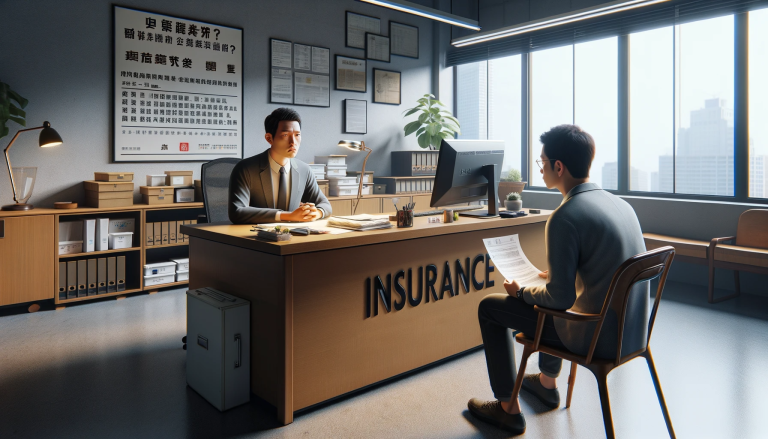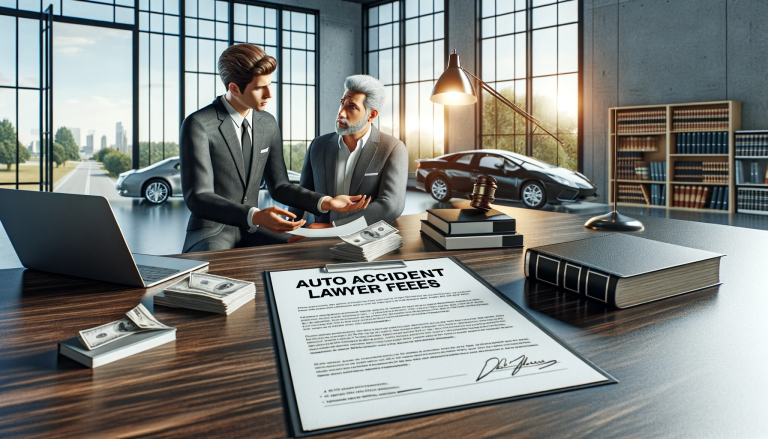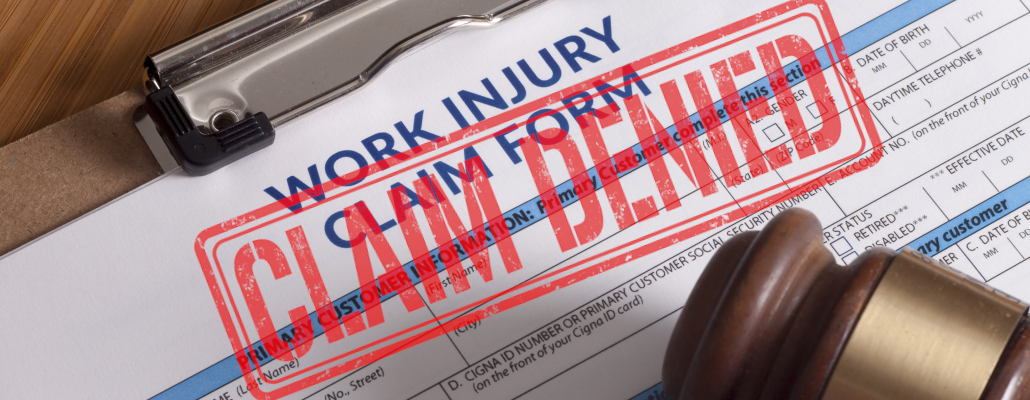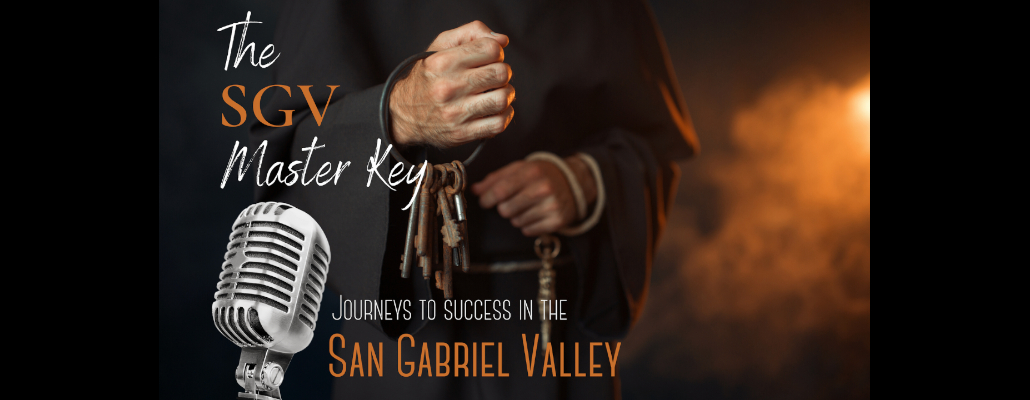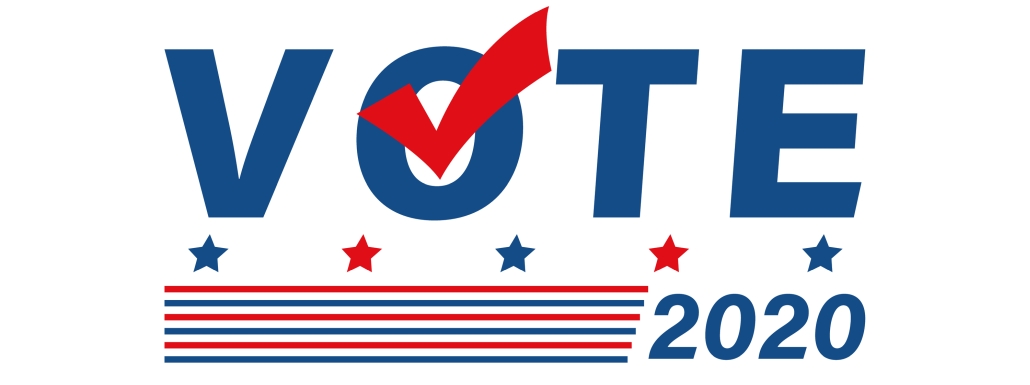[vc_row][vc_column][vc_column_text]If you are life-long Californian and under the age of 50, it has always been the law to wear a seat belt while driving. However, for the first 25 years after the modern seat belt was introduced by Volvo in 1959, it remained a purely optional safety feature. Seat belt laws only became the norm across the country in the mid to late 1980s. Before laws were implemented, just over one in ten people were using seat belts. In 2017, seat belts were used by just over nine in ten people across the country, with 96.2 percent of people using seat belts in California. The increased adoption rate of seat belt usage is estimated to save thousands of drivers and passengers every year. New Hampshire is the only state in the U.S. that does not require adults to wear a seat belt. Not coincidentally, New Hampshire also has the lowest rate of seat belt usage.
Numerous studies, some conducted as early as the 1960s, consistently tout the efficacy of wearing a seat belt in preventing serious injury and death in auto accidents. Seat belts reduce the risk of serious injuries and death by about 50 percent for drivers and front seat passengers. Seat belts consistently prevent vehicle occupants from being ejected from the vehicle in a crash. According to statistics from the National Highway Traffic Safety Administration (NHTSA), unrestrained occupants are about 30 times more likely to be ejected, of which over 75 percent of ejected occupants suffer fatal injuries. Seat belts save somewhere around 15,000 lives in the U.S. every year.
According to statistics from the California Office of Traffic Safety, in 2017, almost half of the people killed in car crashes were not wearing a seat belt. Seat belt usage in 2017 was 96.2 percent. The 3.8 percent of the persons not using seat belts represent about 50 percent of vehicle fatalities. 618 people not wearing a seat belt were killed in California in 2017. Many of them would be alive today if they had worn a seat belt.
The Law Offices of Scott Warmuth encourages all drivers and passengers to follow the law and buckle up for safety. We also encourage you to encourage others. Car accidents happen suddenly and without warning. Wearing a seat belt could save your life in the event of a serious car crash. If not for safety, do so for financial reasons: a seat belt violation ticket for adults will run $162, but if the violation is for a child under 16, the fine increases to $490, payable by the parents or the driver. This includes anyone sitting in the back seat. If you have been injured in an auto accident, our law office can help you seek medical care and repair your vehicle. Call us today at 888-517-9888!
[/vc_column_text][/vc_column][/vc_row]
Effect of Seat Belt Laws on Safety
Topics: Auto Accident
Nov 17th, 2020



